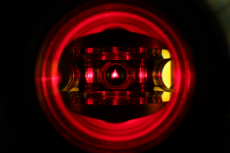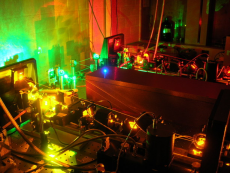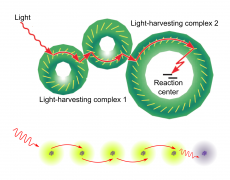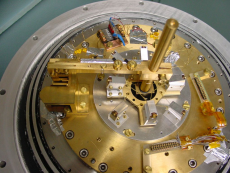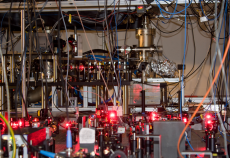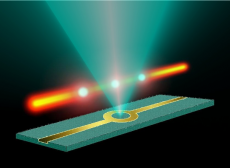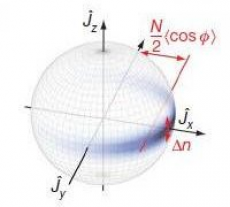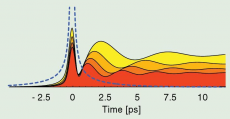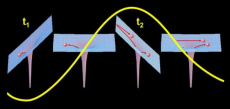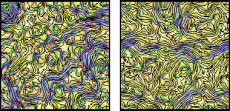CQD Special Seminar
14. September 2017 09:30
Konferenzraum 1, 00.101, Physikalisches Institut, INF 226Exploring Quantum Antiferromagnets with single-site resolution
Dr. Daniel Greif
Harvard University, Department of Physics, Cambridge, USA
Strongly correlated electron systems such as high-temperature superconductors and pseudo-gap states are a cornerstone of modern condensed matter research. A complementary approach to studying solid-state systems is to build an experimentally tunable quantum system governed by the Hubbard model, which is thought to qualitatively describe these systems. Ultracold fermionic quantum gases in optical lattices provide a clean and tunable implementation of the Hubbard model. At the same time, optical microscopy in these systems gives access to single-site observables and correlation functions, and provides dynamic control of the potential landscape at the single-site level. But so far ultracold atom experiments have not been able to reach the low-temperature regime of the Hubbard model, which becomes particularly interesting when doped.
In this talk I will report on the observation of antiferromagnetic long-range order in a repulsively interacting Fermi gas of Li-6 atoms on a 2D square lattice containing about 80 sites. The ordered state is directly detected from a peak in the spin structure factor and a diverging correlation length of the spin correlation function. When doping away from half-filling into a numerically intractable regime, we find that long-rang order extends to doping concentrations of about 15%. I will also report on our most recent progress towards creating ultra-low entropy states using entropy redistribution, as well as the detection of spinon-holon string configurations for doped systems. These results open the path for a controlled study of the low-temperature phase diagram of the Hubbard model.

